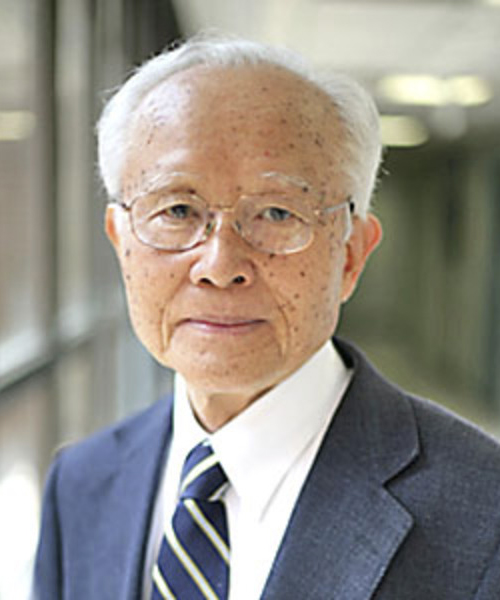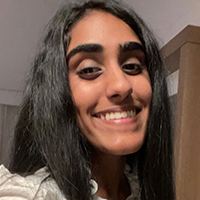In memoriam: Tadashi Inagami
Tadashi Inagami, an emeritus biochemistry professor at Vanderbilt University known for his pioneering research contributions to hypertension, heart failure, and vascular disease, died on March 13 in Pittsburgh. He was 92.

Born in Kobe, Japan, on Feb. 20, 1931, Inagami earned a bachelor’s degree in nutritional chemistry from Kyoto University in 1953. In 1958, he earned a Ph.D. in biophysical chemistry from Yale University through the Fulbright Foreign Student Program. He earned a second doctoral degree from Kyoto University in 1963.
In 1966, Inagami became an assistant professor in biochemistry at Vanderbilt University School of Medicine, where he developed a reputation for being helpful, generous with his time, polite, gentle, and humble. He remained at Vanderbilt until his retirement in 2014.
Inagami was the first researcher to purify mouse renin and obtain its primary structure. He identified and cloned the angiotensin II type 1 receptor and angiotensin type 2 receptor, deepening understanding of angiotensin II signal transduction and its role in cardiovascular health. He also characterized the primary structure of the rat atrial natriuretic peptide hormone, which upregulates salt excretion and lowers blood volume resulting in low blood pressure. He discovered that the angiotensin II signaling pathway leads to high cell proliferation in the heart, kidney, and blood vessel walls. These findings contributed to creation of medication to lower hypertension, such as angiotensin II type 1 receptor blockers, and treatments for heart failure and vascular and kidney disease.
For 17 years, Inagami served as director of the interdisciplinary Specialized Center of Research in Hypertension at Vanderbilt. He published more than 500 scientific articles and mentored more than 100 graduate students and postdoctoral fellows. His many accolades included the American Heart Association/American Stroke Association Distinguished Scientist Award, the CIBA Award for Hypertension Research, and the Japan Academy Prize. Vanderbilt honored him with the Earl Sutherland Prize for Achievement in Research in 1990.
After his retirement, Inagami and his wife, Masako, moved to Pittsburgh, where he loved attending his grandchildren’s baseball games and dance and violin recitals, and he enjoyed strolling through Squirrel Hill and Frick Park and exploring Japanese restaurants.
He is survived by his wife, Masako Inagami; daughters, Sanae Inagami and Mari Inagami; son-in-law, Ananth Krishnamurthy; and five grandchildren.
Enjoy reading ASBMB Today?
Become a member to receive the print edition four times a year and the digital edition monthly.
Learn moreGet the latest from ASBMB Today
Enter your email address, and we’ll send you a weekly email with recent articles, interviews and more.
Latest in People
People highlights or most popular articles

Simcox wins SACNAS mentorship award
She was recognized for her sustained excellence in mentorship and was honored at SACNAS’ 2025 National Conference.

From humble beginnings to unlocking lysosomal secrets
Monther Abu–Remaileh will receive the ASBMB’s 2026 Walter A. Shaw Young Investigator Award in Lipid Research at the ASBMB Annual Meeting, March 7-10 in Washington, D.C.

Chemistry meets biology to thwart parasites
Margaret Phillips will receive the Alice and C. C. Wang Award in Molecular Parasitology at the ASBMB Annual Meeting, March 7-10 in Washington, D.C.

ASBMB announces 2026 JBC/Tabor awardees
The seven awardees are first authors of outstanding papers published in 2025 in the Journal of Biological Chemistry.

Decoding how bacteria flip host’s molecular switches
Kim Orth will receive the Earl and Thressa Stadtman Distinguished Scientists Award at the ASBMB Annual Meeting, March 7–10, just outside of Washington, D.C.

Thiam elected to EMBO
He was recognized during the EMBO Members’ Meeting in Heidelberg, Germany, in October.

